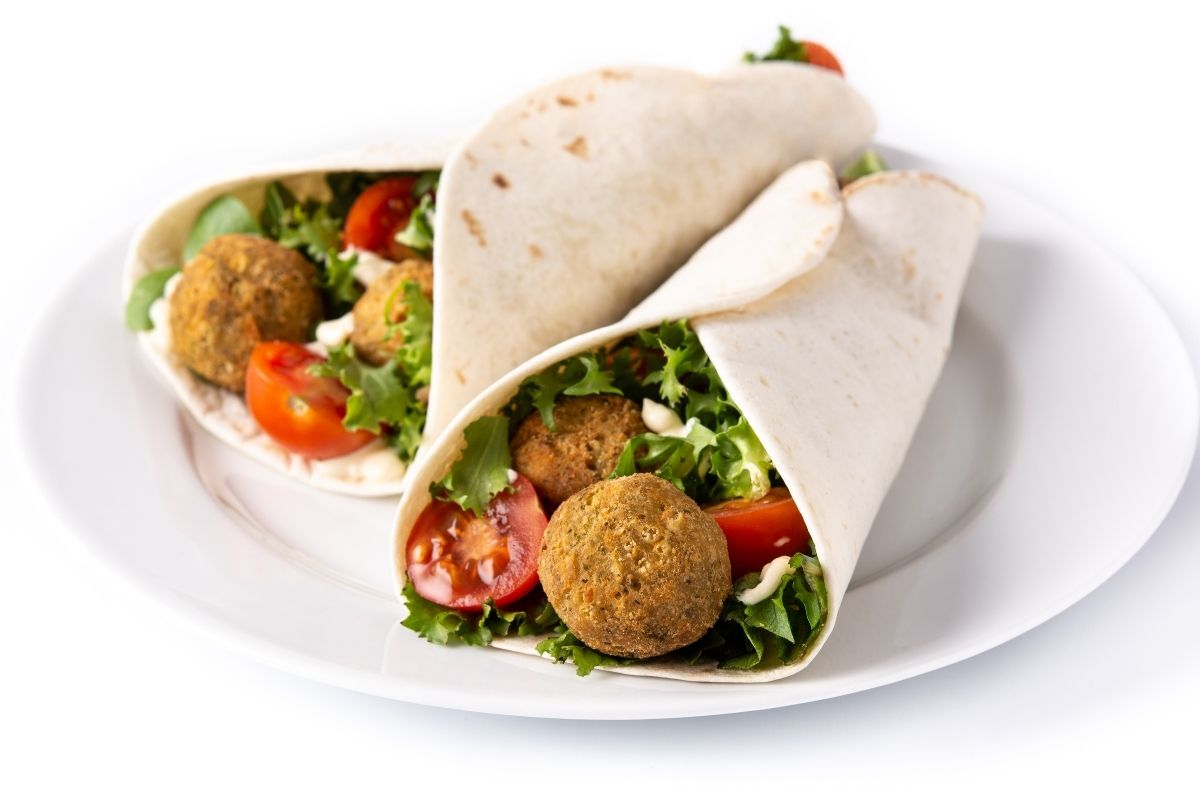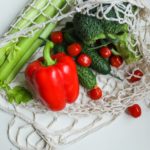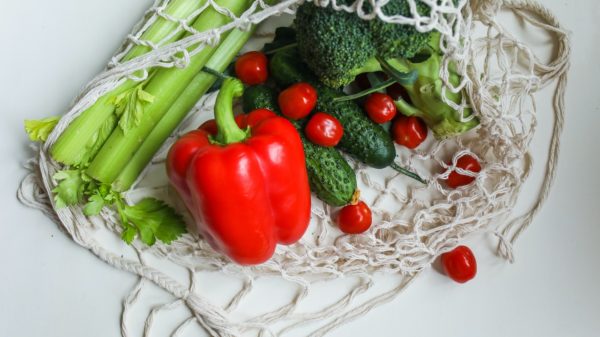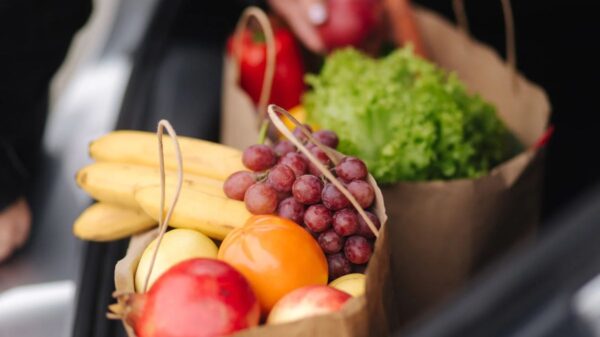Eating sustainably doesn’t mean sacrificing flavor. In fact, it opens up a world of delicious possibilities that not only tantalize your taste buds but also contribute to reducing your environmental impact. In this blog post, we’ll explore five mouthwatering recipes that not only make for a delightful dining experience but also align with eco-friendly principles. Additionally, we’ll shed light on the production of foods that are most damaging to the environment, prompting a mindful reconsideration of our culinary choices.
- Vibrant Vegetable Stir-Fry:
- Ingredients: A colorful mix of seasonal vegetables, tofu or tempeh, soy sauce, ginger, garlic, and sesame oil.
- Why it’s eco-friendly: This recipe utilizes locally sourced, in-season vegetables, reducing the carbon footprint associated with transportation. Plant-based protein options like tofu or tempeh further lessen the environmental impact compared to meat.
- Quinoa Salad with Avocado and Chickpeas:
- Ingredients: Quinoa, chickpeas, cherry tomatoes, cucumber, avocado, olive oil, lemon, and fresh herbs.
- Why it’s eco-friendly: Quinoa is a protein-packed, sustainable alternative to traditional grains. Chickpeas are a low-impact protein source, and the inclusion of seasonal vegetables enhances the dish’s overall sustainability.
- Mushroom and Lentil Bolognese:
- Ingredients: Lentils, mushrooms, tomatoes, onions, garlic, and a blend of Italian herbs.
- Why it’s eco-friendly: Lentils are a water-efficient source of protein, and mushrooms provide a meaty texture without the environmental impact associated with traditional meat production.
- Spinach and Feta Stuffed Portobello Mushrooms:
- Ingredients: Portobello mushrooms, spinach, feta cheese, garlic, and breadcrumbs.
- Why it’s eco-friendly: Locally grown mushrooms have a lower carbon footprint, and incorporating spinach adds nutritional value with minimal environmental impact.
- Baked Sweet Potato Falafel Wraps:
- Ingredients: Sweet potatoes, chickpeas, cumin, coriander, and whole wheat wraps.
- Why it’s eco-friendly: Sweet potatoes are a nutritious and water-efficient crop. Chickpeas are a sustainable source of protein, and opting for whole wheat wraps reduces the environmental impact compared to refined flour options.
Production of Foods Most Damaging to the Environment: While embracing eco-friendly recipes is crucial, it’s equally important to be aware of the production processes that contribute significantly to environmental degradation. Some of the most damaging foods include:
- Beef and Lamb: Livestock farming, particularly cattle, is a major contributor to deforestation, methane emissions, and water pollution.
- Processed and Packaged Foods: High levels of packaging and energy-intensive processing contribute to excessive waste and carbon emissions.
- Palm Oil: The production of palm oil has been linked to deforestation, habitat destruction, and biodiversity loss.
By incorporating these tasty and environmentally conscious recipes into your culinary repertoire, you not only treat yourself to delicious meals but also take positive steps towards reducing your impact on the planet. Additionally, being mindful of the production processes of certain foods allows us to make informed choices that align with sustainability principles. Let’s savor the flavors of eco-friendly eating and contribute to a healthier planet, one meal at a time.


















